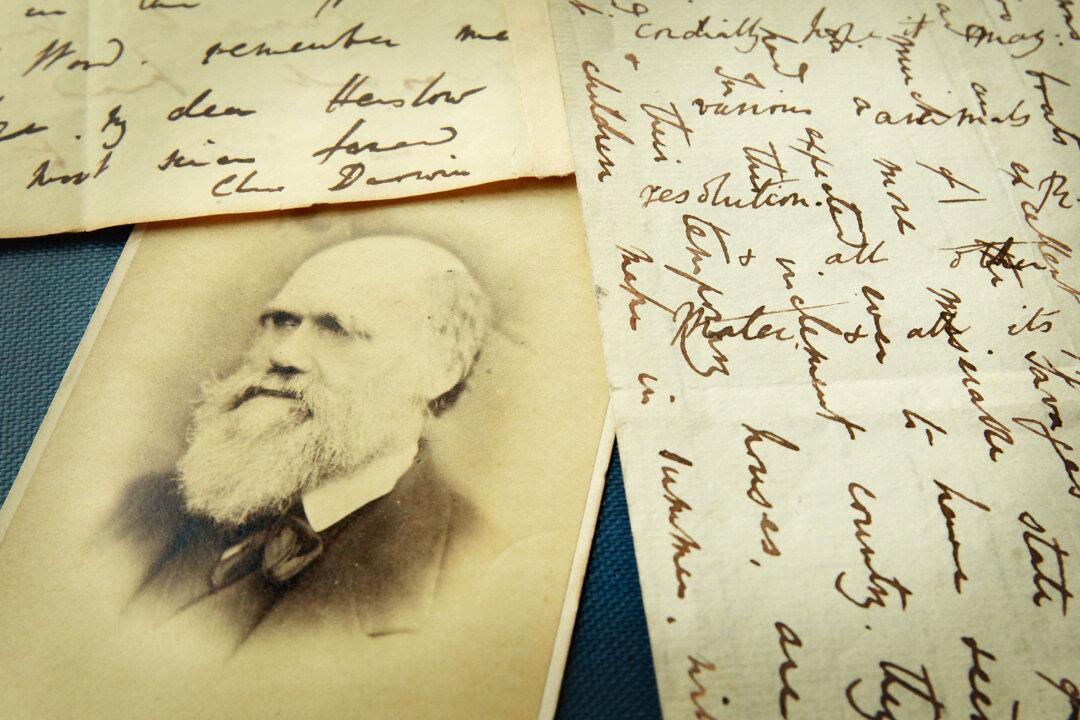An elementary school in Britain has canceled a play about Charles Darwin and his theory of evolution following complaints from a group of parents on grounds the performance disparages the perspective of creationism.
Several families at Hartford Manor Primary School, a school in a village in Cheshire, threatened to withdraw their children from the play because they felt one of the scenes mocked a bishop involved in a historic debate on evolution, according to the Independent.





